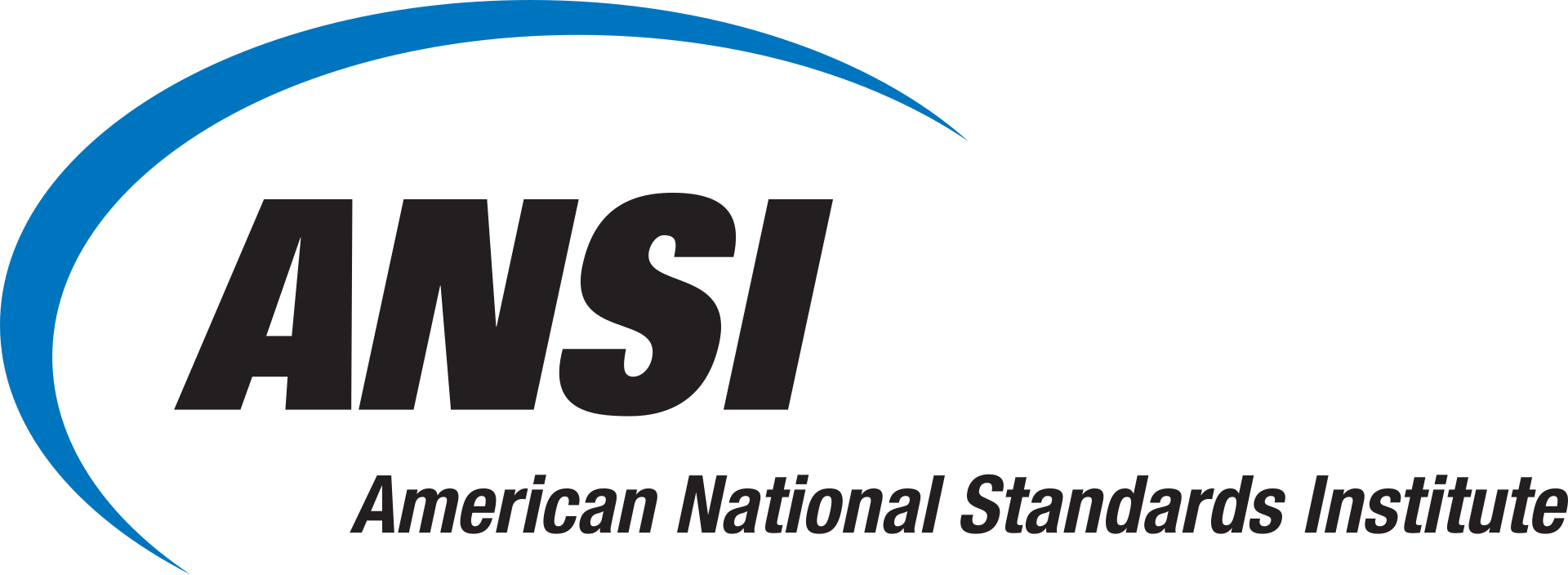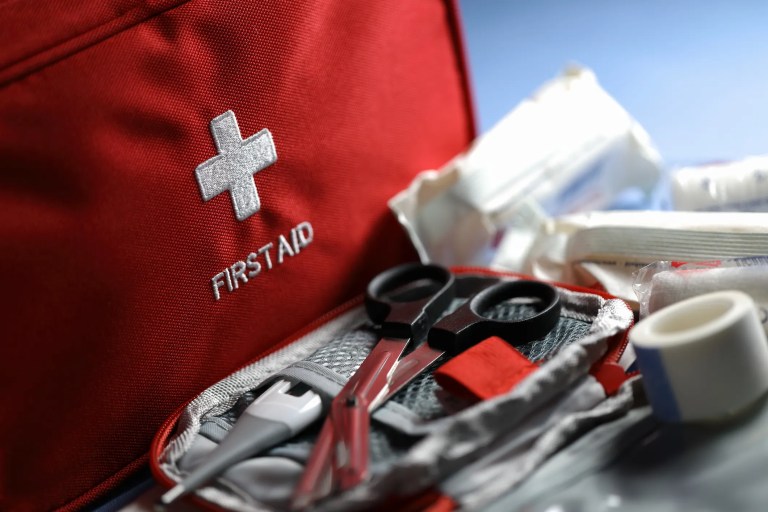IWA 29:2019—Professional Farmer Organization

Globally, 40% of the population earns its income from agriculture; hence, agriculture is the largest employer in the world—employing over one billion people. Agriculture also generates over $1.3 trillion dollars’ worth of food annually. Needless to say, agriculture is an essential industry that sustains livelihoods, the economy, and our lives. IWA 29:2019—Professional Farmer Organization – Guidelines establishes common guidelines for professional farmer organizations in order to improve business performance.
Importance of Sustainable Agriculture
Pasture and cropland occupy around 50% of the Earth’s habitable land, providing habitat and food for a multitude of species. Sustainably managed agricultural operations can preserve and restore critical habitats. Specifically, sustainable agriculture helps protect watersheds and improve soil health and water quality.
The term “sustainable agriculture” refers to farming practices that protect the environment, improve soil fertility, aid and expand natural resources, and make the best use of nonrenewable resources. Sustainable agriculture can have many goals, such as increasing farm income, improving the quality of life for farm families and communities, promoting environmental stewardship, and increasing production for human food. Moreover, sustainable agriculture is important because it helps preserve natural resources while also promoting social equity and economic profitability.
What Is IWA 29?
IWA 29:2019 provides guidelines for the characteristics of a professional farmer organization. Specifically, it details specifications on improving the capabilities of professional farmer organizations and thereby their level of professionalism in general. By implementing IWA 29:2019 guidelines, professional farmer organizations are more likely to have better business opportunities, perform better for their members and staff, and have greater sustainability.
The standard is relevant for large and small professional farmer organizations, without regard to the specific crop or product. Hence, IWA 29:2019 can be adapted for very small or nascent organizations, for specific or differentiated products, or for markets with special requirements.
Sustainable Developmental Goals (SDGs) in IWA 29
Agricultural development is crucial for many Sustainable Development Goals (SDGs). The United Nations SDGs urge the international community to make investments to double agricultural incomes of small-scale food producers. Besides helping the economy and creating new livelihoods related to farming, SDGs related to agriculture can help end hunger, improve nutrition, and reduce carbon emissions via mitigation and adaptation strategies. IWA 29:2019 supports the achievement of the SDGs, focusing on the following specific goals:
- 1. No Poverty
- 2. Zero Hunger
- 8. Decent Work and Economic Growth
- 12. Responsible Consumption and Production
- 17. Partnerships for the Goals
Production and Quality Management for Farmers
IWA 29:2019 specifies that the production and quality management plan can include the following:
- Expected hectares, livestock, or fish population
- Required inputs
- Expected yields or production
- Volumes sold to or through the farmer organization
- Sources of technical advice
Longer-term aspects for production and quality management can consider aspects such as crop rotations, new crops/breeds/products, risk management, market projections, staying abreast of new technology and best practices, and new breeds.
IWA 29:2019—Professional Farmer Organization – Guidelines is available on the ANSI Webstore.






